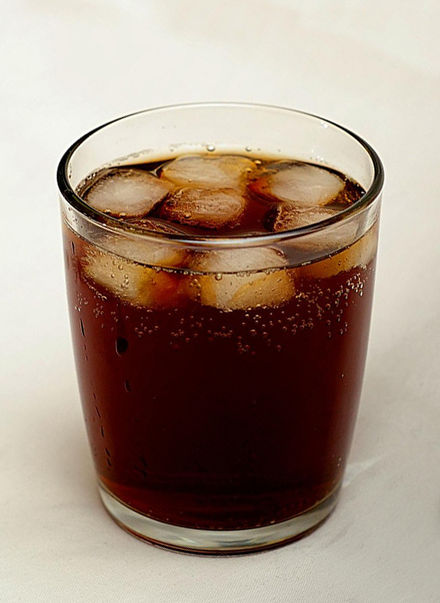
23 Apr Kids Who Don’t Drink Water, More Likely To Drink Sugar-Sweetened Beverages
MedicalResearch.com Interview with:
Asher Y Rosinger, PhD, MPH
Assistant Professor of Biobehavioral Health and Anthropology
Director of the Water, Health, and Nutrition Laboratory
Pennsylvania State University
MedicalResearch.com: What is the background for this study? What are the main findings?
Response: Sugar-sweetened beverage consumption has been linked to many negative health conditions, such as weight gain, dental caries, and type 2 diabetes. Previous research found that when you replace sugar-sweetened beverages (SSBs) with water intake then total energy intake goes down. We wanted to know how many calories from SSBs children consume when they drink water or not since sugar-sweetened beverages are often used as a replacement for water. SSB intake has been falling among children over the last 15 years, but there are still pockets and sub-populations that have high consumption levels. It is critical to identify which kids are particularly at risk for high SSB intake since this can lead to these negative health effects.
Overall we found that kids that did not consume any plain water (from tap or bottled water) consumed almost twice as many calories and percent of total calories from sugar-sweetened beverages than kids that consumed water. And for the sample overall that translated to nearly 100 extra calories on a given day.
MedicalResearch.com: What should readers take away from your report?
Response: Kids should drink water every day. When they don’t drink water, they are more likely to consume more sugary drinks and that’s when they’re likely getting more than 10% of their daily calories from these beverages.
MedicalResearch.com: What recommendations do you have for future research as a result of this work?
Response: I would say that future research should examine how water insecurity is tied to kids not drinking water and consuming more sugar-sweetened beverages.
MedicalResearch.com: Is there anything else you would like to add?
Response: It’s important to note that in parts of the U.S., some people may not trust their water due to lead or other contamination. Water insecurity is a growing problem in the U.S., so we need to keep that in mind as important context, especially when it comes to parents who may be giving their kids soda or juice because they distrust the water. Therefore it’s critical to ensure that everyone has access to safe, clean water.
Citation:
[wysija_form id=”3″]
[last-modified]
The information on MedicalResearch.com is provided for educational purposes only, and is in no way intended to diagnose, cure, or treat any medical or other condition. Always seek the advice of your physician or other qualified health and ask your doctor any questions you may have regarding a medical condition. In addition to all other limitations and disclaimers in this agreement, service provider and its third party providers disclaim any liability or loss in connection with the content provided on this website.
Last Updated on April 23, 2019 by Marie Benz MD FAAD

